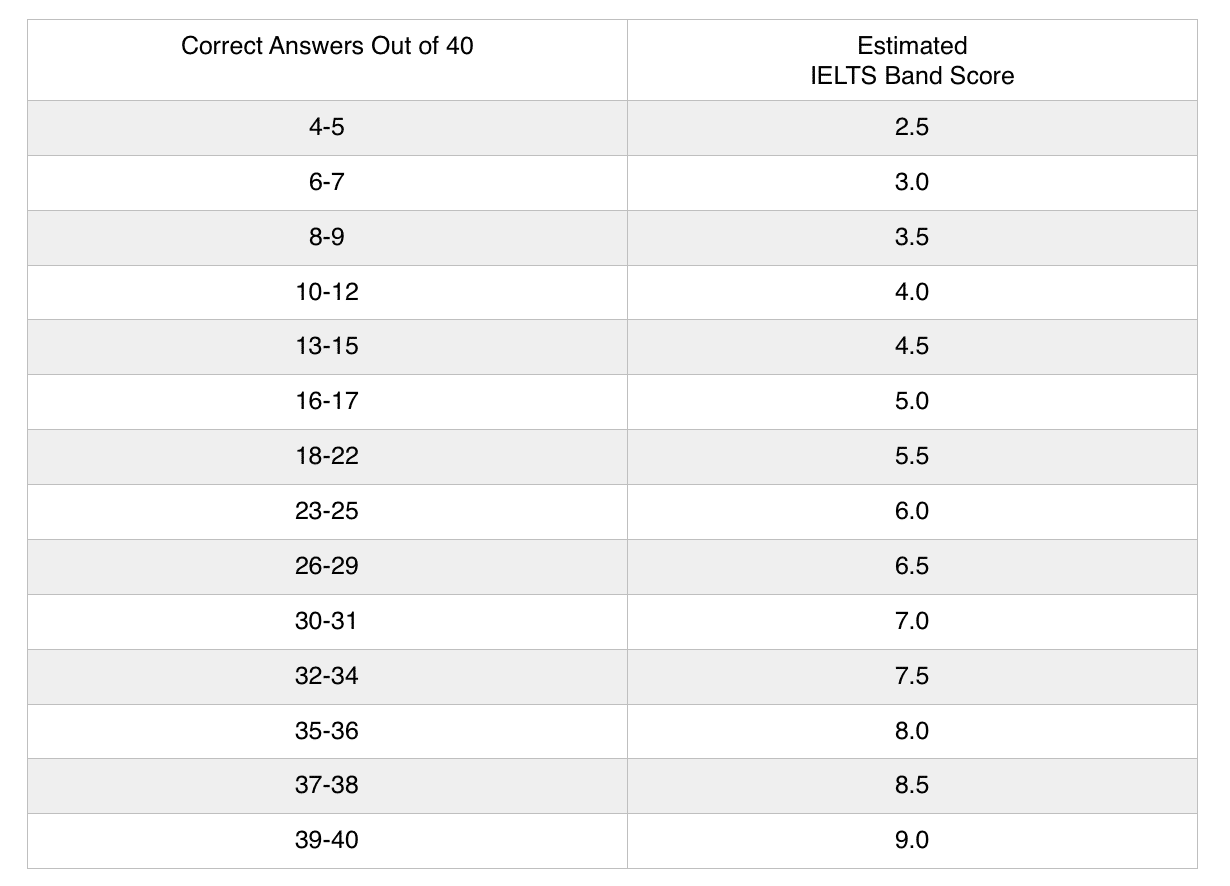For individuals looking to study or work in an English-speaking country, taking the International English Language Testing System (IELTS) exam is a common requirement. This test assesses the candidate’s proficiency in the English language and assigns a score that reflects their ability to communicate effectively in English. Understanding how the IELTS score is calculated can help test-takers prepare effectively and know what to expect on exam day.
The IELTS exam consists of four main sections: Listening, Reading, Writing, and Speaking. Each section is scored on a scale of 0 to 9, with 0 being the lowest and 9 being the highest. These individual scores are then averaged to calculate the overall band score, which ranges from 0 to 9. The final band score is what universities, employers, and immigration authorities use to assess the candidate’s English language proficiency.
IELTS Score Calculation
When calculating the IELTS score, each section (Listening, Reading, Writing, and Speaking) contributes equally to the overall band score. For example, if a candidate scores 7 in Listening, 8 in Reading, 6.5 in Writing, and 7.5 in Speaking, the average of these scores would be 7.25. Therefore, the candidate’s overall band score would be 7.25.
It is important to note that IELTS scores are rounded to the nearest half or whole band. For instance, if a candidate’s average score is 7.75, it will be rounded up to 8. However, if the average score is 7.25, it will be rounded down to 7. This rounding system ensures fairness and accuracy in the scoring process.
In addition to the overall band score, candidates also receive individual scores for each section of the exam. These scores provide insight into the candidate’s strengths and weaknesses in different areas of the English language. By analyzing these individual scores, candidates can identify areas for improvement and focus their study efforts accordingly.
Overall, understanding how the IELTS score is calculated can help candidates prepare effectively for the exam and achieve their desired band score. By familiarizing themselves with the scoring system and practicing each section of the exam, candidates can increase their chances of success on test day. With proper preparation and a clear understanding of the scoring process, candidates can confidently approach the IELTS exam and showcase their English language proficiency.
